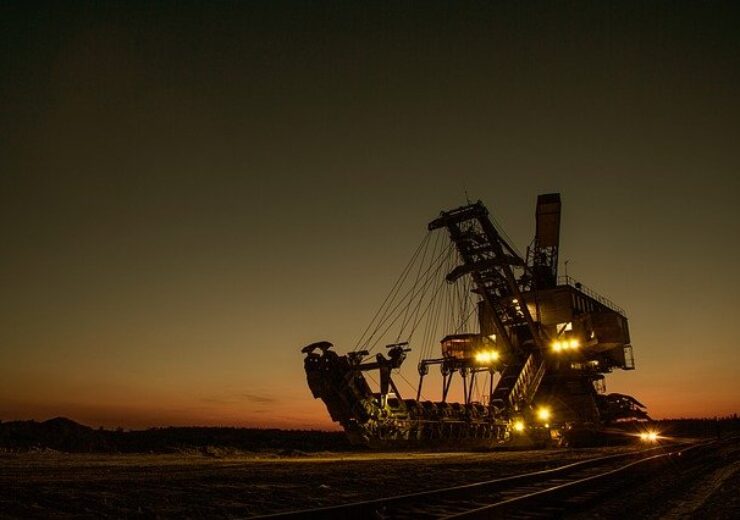The Chinese government is expected to consolidate all the rare earth miners and processors in the country for pricing power

China reportedly looking to bring together rare miners and processors into the two mega entities. (Credit: Khusen Rustamov from Pixabay)
China is reportedly planning to form two rare earth mining majors in a bid to improve its pricing power in global markets.
The Chinese government is looking at a larger picture of consolidating all its rare earth miners and processors into the two mega companies, reported Bloomberg News, citing people having knowledge about the development.
One of the rare earth mining majors will be based in the north of China, while the other will operate in the south, said the undisclosed sources.
The southern China-based firm will be engaged in the business of medium-to-heavy rare earths. On the other hand, the north Chinese entity will handle all light rare earths assets, said the sources.
However, it is not clear when the merger will be finalised.
According to the publication, the Chinese government has been restructuring the industry since a long time into six large groups under its control.
Through the consolidation, the Chinese Communist Party is hoping to sustain its leading position in producing strategic metals, of which it controls 70%, reported the publication.
The move from China is seen in the light of the US and Europe considering the development of their own production and supply chains pertaining to the strategic metals in order to diversify away from the Asian giant.
Aluminum Corp. of China and various other state-owned miners are expected to restructure their assets.
Minmetals Mining and Luzhong Mining were reorganised and integrated, as per a filing to the Shenzhen Stock Exchange by the former.
China Minerals Rare Earth, on the other hand, said that China Minerals, Aluminum Corp of China, and the Ganzhou government in Jiangxi province are considering a strategic restructuring of rare earth assets, reported Global Times.
